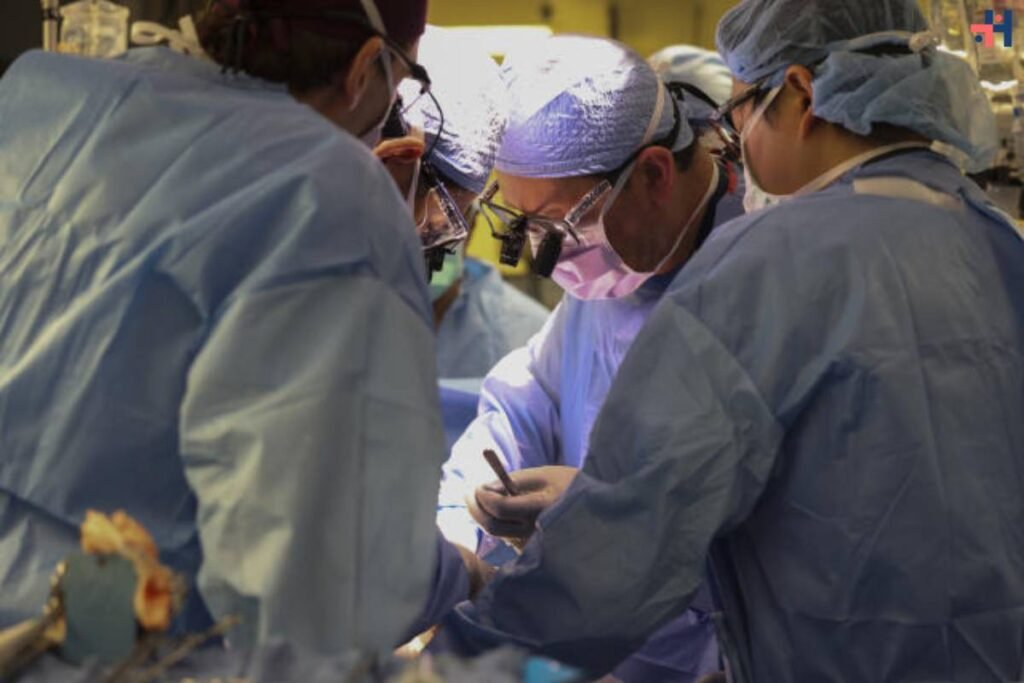In a groundbreaking medical achievement, a 62-year-old man from Massachusetts has become the first person to undergo a successful pig kidney transplant. This milestone marks a significant advancement in addressing the critical shortage of human organs available for transplant surgeries.
Medical Milestone
Surgeons at Massachusetts General Hospital performed the historic transplant, marking the first time a pig kidney has been transplanted into a living human patient. The recipient, Richard Slayman, underwent the four-hour surgery on March 16 and is currently recovering well, with plans for discharge from the hospital soon.
Expressing his gratitude and hope, Slayman stated, “I saw it not only as a way to help me, but a way to provide hope for the thousands of people who need a transplant to survive.” Slayman, who had been on dialysis for seven years due to complications from type 2 diabetes and high blood pressure, faced challenges with his previous human kidney transplant showing signs of failure.
Need for Innovation
Dr. Winfred Williams, associate chief of the nephrology division at Mass General, highlighted the urgency of Slayman’s situation, noting that the typical wait time for a human kidney transplant would have been prohibitive for his survival. The opportunity for a pig kidney transplant presented a promising alternative.
The pig kidney used in the transplant was sourced from eGenesis, a biotechnology company specializing in human-compatible engineered organs. Through advanced gene-editing techniques, the company modifies pig organs to make them suitable for human transplantation. This process involves editing pig DNA to remove genes responsible for triggering immune responses in humans, while also incorporating human genes to prevent rejection.
Human receives first-ever pig kidney transplant
Transplant Procedure
To minimize the risk of organ rejection, Slayman received two antibody-based treatments along with immune-suppressing drugs. The success of the procedure offers hope for the future of organ transplantation, with experts envisioning a future where dialysis becomes obsolete.
Dr. Leonardo Riella, medical director of kidney transplantation at Mass General, expressed optimism about the potential impact of pig organ transplants on health equity. He believes that an abundant supply of organs resulting from technological advancements could address disparities in access to transplants, particularly for ethnic minority patients.
The successful pig kidney transplant represents a significant step forward in the field of organ transplantation. As medical science continues to advance, the hope is that such innovative procedures will offer life-saving solutions to patients in need, ultimately transforming the landscape of healthcare and ensuring equitable access to treatment for all.










